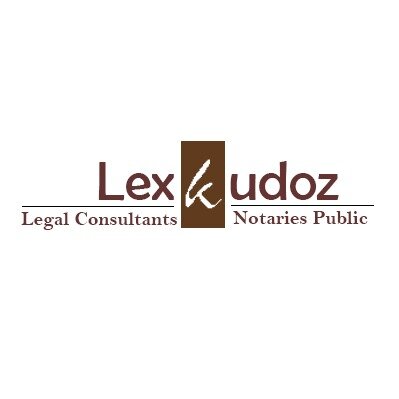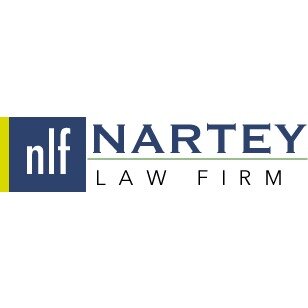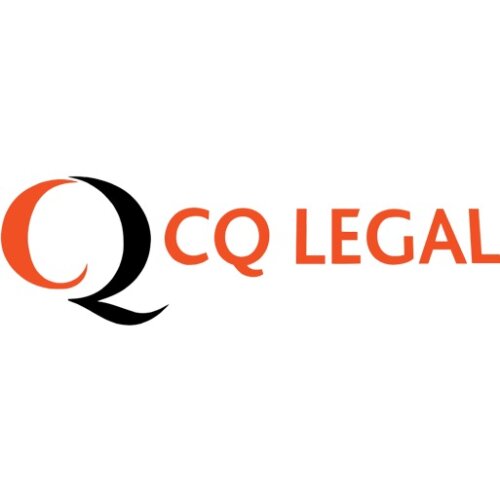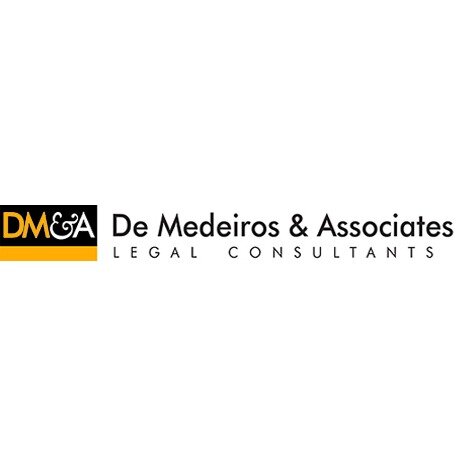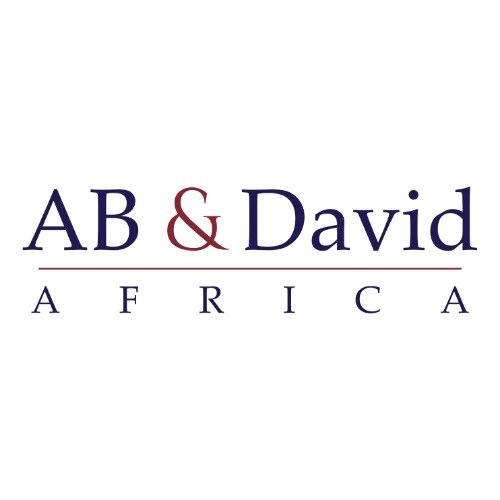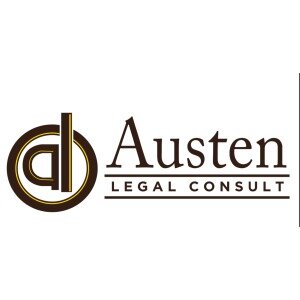Best Franchising Lawyers in Ghana
Share your needs with us, get contacted by law firms.
Free. Takes 2 min.
Or refine your search by selecting a city:
List of the best lawyers in Ghana
About Franchising Law in Ghana
Franchising in Ghana is an emerging business model that allows franchisees to operate a business under the branding and business framework of an established brand. It offers entrepreneurs a chance to tap into a proven business system while leveraging the reputation and operational support of a larger entity. In Ghana, franchising is becoming increasingly popular across various industries, including food and beverage, retail, and services.
Ghana does not have specific stand-alone franchising legislation; instead, it is governed by a combination of contract law, intellectual property law, and international trade rules. This makes it essential for businesses engaging in franchising to be fully informed of these legal frameworks to ensure compliance and protect their investment.
Why You May Need a Lawyer
Initiating a franchising business in Ghana can be complex, given the intricate nature of contracts and the necessity of regulatory compliance. Here are common situations where legal help may be indispensable:
- Reviewing and negotiating franchise agreements to ensure they are fair and comply with Ghanaian law.
- Protecting intellectual property rights, such as trademarks and copyrights, associated with the franchise.
- Assisting with setting up a business structure that optimally aligns with both the franchise requirements and local laws.
- Resolving disputes between franchisors and franchisees, which may involve mediation or litigation.
- Navigating tax obligations and ensuring compliance with Ghana's financial regulations.
Local Laws Overview
Franchising in Ghana is primarily governed by general commercial laws and other specific legal frameworks, including:
- Contracts Act 1960: This law governs the creation and enforcement of agreements between parties, central to franchise agreements.
- Intellectual Property Laws: Protects trademarks and patents, reassuring franchisees of the security of brand-related assets.
- Company's Act 2019: Oversees the registration and operational requirements of business entities in Ghana.
- Ghana Revenue Authority (GRA): Provides guidelines regarding tax obligations, VAT registration, and other fiscal responsibilities.
Frequently Asked Questions
What is a franchise?
A franchise is a business arrangement where a franchisee operates their own business using the brand, trademarks, and business model of the franchisor in exchange for fees or royalties.
Is franchising popular in Ghana?
Yes, franchising is gaining traction in Ghana, particularly in sectors like food, education, and retail, offering growth opportunities for both local and international brands.
Are there any specific franchise laws in Ghana?
While there are no specific franchise laws, franchising operations must comply with general commercial, intellectual property, and tax laws in Ghana.
What rights does a franchisee have in Ghana?
Franchisee rights are primarily derived from the franchise agreement, which must align with Ghanaian legal standards to be enforceable.
How can a franchise agreement be terminated?
Termination conditions are typically outlined in the franchise agreement and may include provisions on notice, breach of contract, or mutual consent.
What should I look for in a franchise agreement?
Key aspects to scrutinize include fees, duration, renewal terms, territorial rights, training and support, and termination provisions.
Can foreign franchises operate in Ghana?
Yes, foreign franchises can operate in Ghana, provided they comply with local business registration, tax, and operational laws.
Do franchise agreements need to be in writing?
While not legally mandatory, a written franchise agreement is highly advisable to explicitly define the rights and obligations of both parties.
What are the initial steps to start a franchise in Ghana?
Potential franchisees should conduct market research, engage with potential franchisors, and seek legal counsel to negotiate and finalize the franchise agreement.
Will I need ongoing legal advice after starting the franchise?
Yes, ongoing legal advice may be necessary for compliance issues, renewing agreements, or handling any disputes or changes in the business model.
Additional Resources
For further information and guidance, you may consider the following resources:
- Registrar General's Department: Provides business registration and compliance services.
- Ghana Investment Promotion Centre (GIPC): Offers resources on investing in Ghana, including franchising.
- Ghana Revenue Authority: Assists with understanding tax obligations and incentives for businesses.
- The Franchise Association of Ghana: A professional body for franchising that provides networking and support.
Next Steps
If you need legal assistance with franchising in Ghana, consider these steps:
- Research and identify lawyers who specialize in commercial law with experience in franchising.
- Schedule consultations to discuss your specific needs and obtain guidance on your franchising journey.
- Ensure that your legal representative verifies all contracts and agreements before signing.
- Stay informed about changes in laws that could affect your franchise business.
Lawzana helps you find the best lawyers and law firms in Ghana through a curated and pre-screened list of qualified legal professionals. Our platform offers rankings and detailed profiles of attorneys and law firms, allowing you to compare based on practice areas, including Franchising, experience, and client feedback.
Each profile includes a description of the firm's areas of practice, client reviews, team members and partners, year of establishment, spoken languages, office locations, contact information, social media presence, and any published articles or resources. Most firms on our platform speak English and are experienced in both local and international legal matters.
Get a quote from top-rated law firms in Ghana — quickly, securely, and without unnecessary hassle.
Disclaimer:
The information provided on this page is for general informational purposes only and does not constitute legal advice. While we strive to ensure the accuracy and relevance of the content, legal information may change over time, and interpretations of the law can vary. You should always consult with a qualified legal professional for advice specific to your situation.
We disclaim all liability for actions taken or not taken based on the content of this page. If you believe any information is incorrect or outdated, please contact us, and we will review and update it where appropriate.
Browse franchising law firms by city in Ghana
Refine your search by selecting a city.



